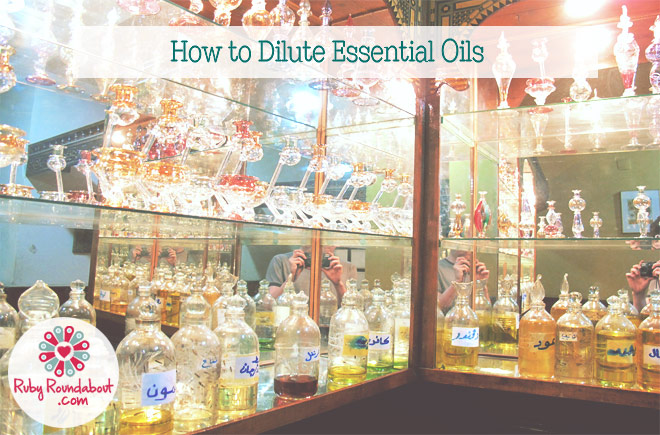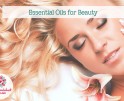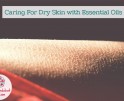
How to Dilute Essential Oils
Essential oils are incredibly powerful substances and as such need to be used with caution. Although they bring balance back to mind, body and spirit there is a risk for them to become harmful if not diluted properly. Using ‘neat’ or undiluted essential oils on the skin can cause intense burning, itching and prolonged skin sensitivity. Out of all essential oils, there are two generally seen as ‘safe’ to use undiluted on the skin, lavender and tea tree. Both of these oils can be applied directly to minor burns, cuts, scrapes, insect bites, stings and pimples to promote healing, ease pain and prevent infection. However, if you have particularly sensitive skin these oils may cause irritation. To be on the safe side do a patch test to make sure your skin is happy with the oils. Add a drop of oil to the inside of your elbow and wait for 24-48 hours. Do not wash or cleanse the area, but do watch for any signs of reaction such as redness, small bumps or flaking skin. Also be alert to any sudden headaches or respiratory troubles.

Fortunately severe reactions are rare and Aromatherapy is a wonderful treatment enjoyed by countless people around the globe. So how do you know if you’ve diluted the oils enough for them to be used safely? I like to keep things simple and as ‘maths-free’ as possible. For me 6-drops of essential oil per 20 ml of carrier oil or fragrance-free shampoo/conditioner is a good standard rate of dilution. If I were to make up a 100 ml bottle of massage oil I would add approximately 30-drops of essential oil. Of course if you have delicate skin it is better to add fewer drops of essential oil to your blends. Babies and children need far less essential oil for blends to be effective so only add 1-drop to 30 ml of carrier oil. As the elderly tend to have thinner skin and their bodily systems may be weaker, use only 3-4 drops of essential oil per 20 ml of carrier oil.
It should be mentioned that there are some essential oils that are skin sensitisers. This means they can be especially irritating to the skin so should be diluted more than other essential oils. To be on the safe side treat 1-drop of these ‘sensitizing’ oils as 3-drops of regular essential oil; angelica, black pepper, cinnamon, citronella, clove, ginger, lemon, lemongrass, lemon verbena, orange, nutmeg and peppermint. When diluting essential oils, there are many different carrier oils to choose from. Each one has its own properties and of course some are much more expensive than others. Sweet almond oil, grapeseed oil and apricot kernel oil are usually good choices for massage or bath blends.

There are many different types of Aromatherapy burners and diffusers on the market, and these are great ways to fragrance your environment. Some work by using the heat of a candle under a dish where you add a combination of water and essential oil. In this case I would usually add between 6-12 drops of essential oil to a dish filled ¾ of the way with water. There are some diffusers that plug in or use heat from a light bulb to disperse the fragrances of the oils and to these I would add 3-4 drops, but always read the manufacturer’s instructions. Be mindful if babies and children are present and only use 1 drop of either lavender or chamomile, as even dispersed into the air the oils can be too strong for little ones. If you want to use essential oils in a steam inhalation add no more than 3-4 drops to a large bowl of recently boiled water. Too much essential oil added to the water can burn the mucous membranes and sting the eyes.
Just remember the saying ‘less is more’ really does apply to Aromatherapy. Don’t worry that a blend, whether in carrier oil, steam inhalation or diffuser, may not be strong enough. Even a small amount of essential oil will go a long way and have a positive impact on the body, mind and spirit!
Recommended
-
Essential Oils for BeautyJune 26th, 2015
-
Essential Oil Remedies For Ear InfectionsJune 1st, 2015
-
Aromatherapy Bath SaltsDecember 3rd, 2014
-
Can Aromatherapy Be Used During Pregnancy?November 26th, 2014
-
Caring For Dry Skin with Essential OilsNovember 19th, 2014






